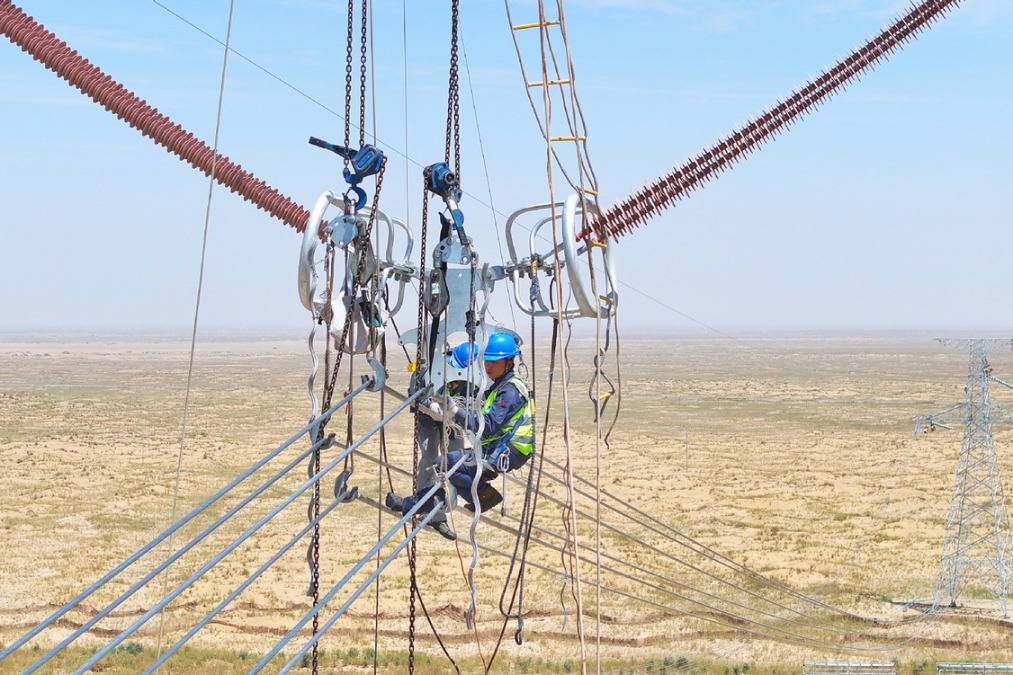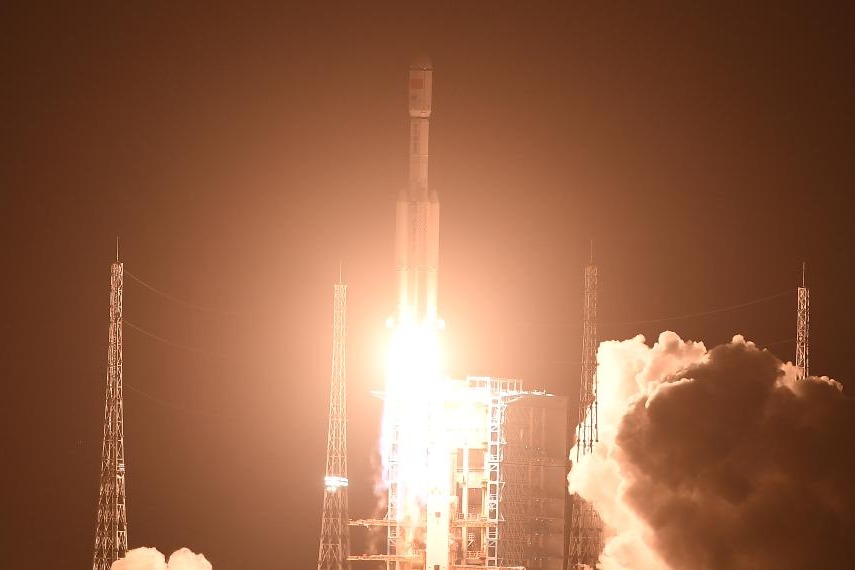China catching up in neuroscience research: scientist

BEIJING - China is intensifying research on neuroscience and the China Brain Project (CBP) will be one of the world's biggest, according to a neuroscientist.
Muming Poo, Director of the Institute of Neuroscience and Center for Excellence in Brain Science and Intelligence Technology (CEBSIT) of Chinese Academy of Sciences (CAS), has played a key role in planning the CBP.
The goals of CBP were to advance basic understanding of the brain, to address some urgent health needs through neuroscience to develop new technology, Poo said in a recent interview published in the National Science Review, a CAS journal.
CBP will build on the work of the EU human brain project, the U.S. BRAIN initiative and Japan's brain/MIND project, with some distinctive features of its own.
"CBP puts research on brain disorders and brain-inspired artificial intelligence (AI) as a high priority, rather than a remote goal. Indeed, neuroscience already provides useful input into these areas," he said.
"China has the largest patient populations in the world for all brain disorders, making research on prevention, early diagnosis and early intervention particularly urgent and offering the largest data base for researchers to work with," Poo added.
The current international neuroscience community mostly uses rodents (mice and rats) as animal models for studying the neural mechanisms. Poo believes that non-human primates are more appropriate experimental animal models as their brains are more similar to those of humans.
"China has large macaque monkey resources, and research on developing human disease models using macaques is advancing at a rapid rate. This is an opportunity for China to lead the study of higher cognitive functions, such as empathy, consciousness and language, as well as pathogenic mechanisms and intervention approaches for brain disorders," Poo said.
Poo is director of the CAS Center for Excellence in Brain Science and Intelligence Technology (CEBSIT), an interdisciplinary, multi-institutional organization that works on national level brain research projects.
"There is increasing awareness that brain science and brain-inspired computing have much to learn from each other. The introduction of a few basic neuroscience concepts had greatly empowered machine learning. We believe exciting new developments emerge when people from two disciplines work together. CEBSIT is trying to develop an infrastructure to that end," he said.
- PhD graduate from EU shares insight about studying in China
- Train attendants receive etiquette training in Chongqing
- Former senior customs official indicted for graft
- From peasant uprising to industrial revolution: hero's hometown revived
- Workers weather desert extremes to complete 'power expressway loop' in southern Xinjiang
- China issues guidelines highlighting independent, impartial judicial work






































